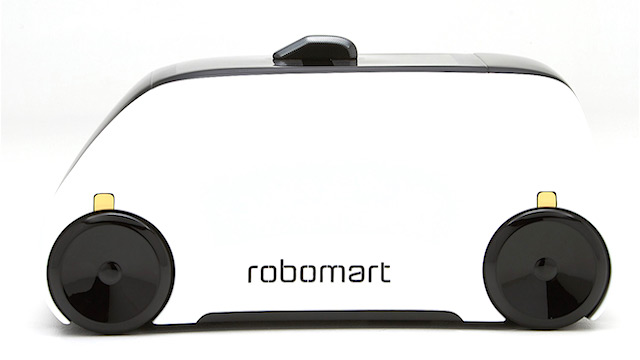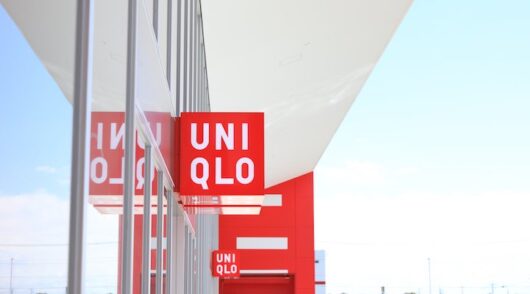California-based startup Robomart has introduced the world’s first self-driving store to deliver fresh produce to the customer’s doorstep.
Making its premiere at CES (Consumer Electronics Show) in Las Vegas this week, the Robomart vehicles are completely autonomous and fully electric, recharging wirelessly.
Fresh produce makes up about 60 per cent of all groceries sold, but Kantar Worldpanel says less than 5 per cent of perishables sales have moved online. This is because picking and delivering groceries is prohibitively expensive for retailers, while consumers do not trust someone else picking produce for them.
This prompted the Robomart concept, and the company is building a fleet of the on-demand self-driving stores to license to retailers.
For consumers, all they need do is tap a button on an app to request the nearest Robomart. When it arrives, they unlock the doors via the app then chose their products. When they are finished, they just close the doors and send the vehicle on its way.
Robomart tracks what customers have taken using patent-pending “grab and go” checkout-free technology, and will charge them and send a receipt.
Robomart says it did extensive research. In a survey of US women between 26 and 44 years of age it found that more than 85 per cent of them do not shop for fruits and vegetables online because they find home delivery too expensive and prefer to pick their own produce.
Almost 65 per cent said they would order a Robomart more than once a week.
Environmentally friendly
Robomart’s vehicles do not need a driver, are environmentally friendly and access wireless EV charging using NVIDIA Corporation technology. The startup is in the process of obtaining an Autonomous Vehicle Testing Permit from the Department of Motor Vehicles in California.
It has built its first prototype and has started work on a fleet which it aims to deploy for commercial pilot services soon.
“Retailers can sponsor these pilots and test our autonomous store proposition with their customers in the San Francisco Bay Area,” says the company.
Benefits for grocery retailers include consumer data giving detailed insight into sales and consumption patterns. On-demand delivery is more than five times cheaper, and retailers can expand their store footprint at low cost with no initial capital expenditure.
Also, the direct-to-consumer channel means retailers retain ownership and control of their customers, says Robomart.
“Retailers would have access to our state-of-the-art autonomous fleet-management system that manages orders, routing, restocking and teleoperations.
“Although this system will be automated, they would be able to communicate with customers, store staff and law enforcement if necessary, and access real-time sales data and analytics.”







